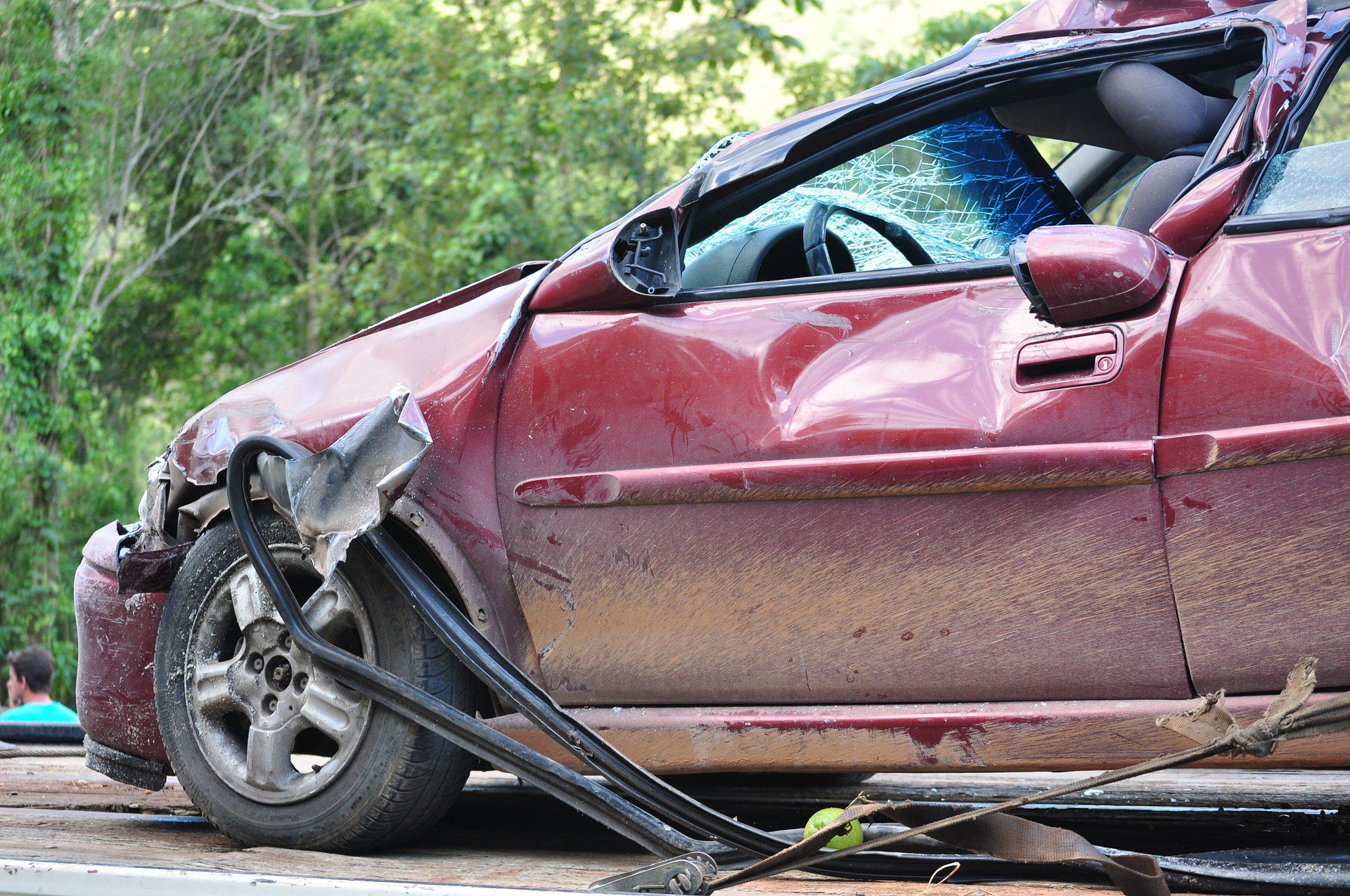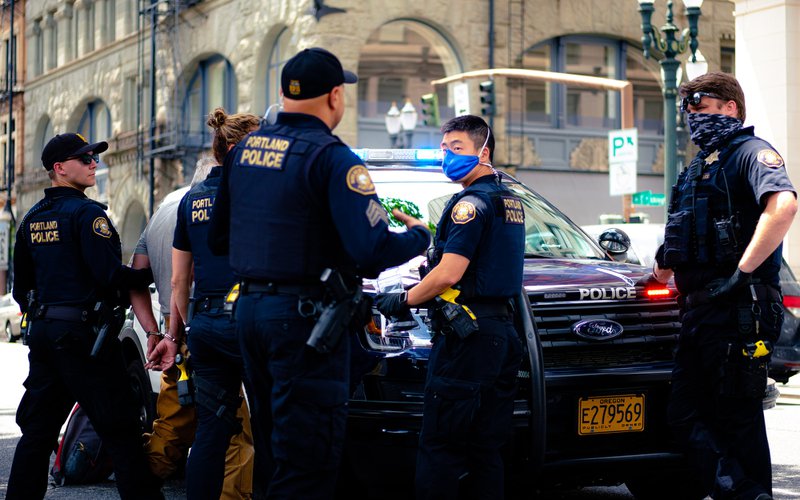What Happens to a First Time DUI Offense?
Posted on August 14, 2020


DUI is a police abbreviation that stands for driving under the influence of alcohol or drugs. DUI’s are a criminal offense in most states, and it is punishable by a minimum of six months in jail. Are DUI penalties hard even for first-time offenders? Read on for more information about what happens to a first time DUI offense.

What Is A DUI Offense?
A DUI is determined by measuring the Blood Alcohol Levels (BAC) levels from breath, urine, or blood. The official BAC level's legal limit is 0.08%. Some states mandate more severe punishments for DUI offenders with extremely high BAC levels at the time of the arrest. Some categories of drivers like commercial vehicle drives are also required to maintain BAC levels lower than 0.08%.
Refusal to take the BAC level tests at the time of arrest, which is an act to avoid self- incrimination, leads to suspension of driving license. Booking of DUI Offenses is done at the nearest police station or jail. The offender is photographed and fingerprinted which can be stressful.
What Happens When You Get A DUI For The First Time?
DUI is a criminal offense with ever-increasing penalties due to strong advocacy groups like MADD (Mothers Against Drunken Driving). A first DUI offense can have immediate and long-term consequences which include fines, jail time, driver’s license suspension, community service, and substance abuse evaluation. Any DUI conviction is a criminal record that is kept on your file for 10 years, jeopardizing employment opportunities and insurance benefits.
A first time DUI offender may be bailed and released. Alternatively, the offender can stay in police custody until bailed with a summons (ticket) to appear in court for a hearing.
Aggravating Factors
A DUI offense can be aggravated by certain factors causing the offender to be handed heavier penalties and punishment. Aggravating factors of a first DUI offense include: committing the crime in the presence of children under 14 years of age; if a person is injured; damage is caused; motor vehicle speed is excessive; or the driver refuses to submit to a breath, blood and urine tests. A DUI associated with injury to a person or damage to property receives heavy punishment and may be escalated to a felony.
Consequences Of A First Time DUI Conviction The first consequence of a first time DUI offense is the loss of your driving license. The DMV can issue a 30-day suspension while a court can issue a restriction of up to 6 months. A first DUI conviction could also mean up to six months in jail or a longer time if there are aggravating circumstances.
First DUI offenses attract shorter jail terms with more of the time used on probation or performing community service. Weekend jail time or terms of up to 96 hours for first-time DUI offenders are now mandatory in an increasing number of states.

A first time DUI offender may also be required to pay fees of up to $2,800 depending on the state where the offense was committed. Failure to take chemical tests when required may lead to the installation of an ignition interlock device for up to a year following the restoration of the driver’s license. The device may cost $200.
Another consequence of first time DUI offenses is increased motor insurance rates. Insurance companies do not cover drunken driving. Car insurance premiums rocket higher once an insurance provider learns of a DUI arrest and conviction.
Based on BAC levels, a first-time DUI convict will also be expected to complete a self-paid court-approved program before a suspended driver’s license is reinstated. Low-level BAC levels ranging from 0.08% to 0.19% undertake a 3-month program. High BAC levels of .20% and above are put on a 9month rehabilitation program. These programs involve education classes, prevention, and treatment for alcohol use and abuse coupled with community service.
Key Takeaway
So, what happens to a first time DUI offense? People convicted of first DUI offenses are often taken aback by the charges and convictions listed above. There are many weird ways to get a DUI charge. It may be cops catching you riding a horse when under the influence or knapping in your motorized wheelchair. The important reminder is to stay sober and safe when driving, riding, or operating a motorized vehicle.
Read our blog for more legal information such as our company compliance checklist and how to collect delinquent HOA dues.
